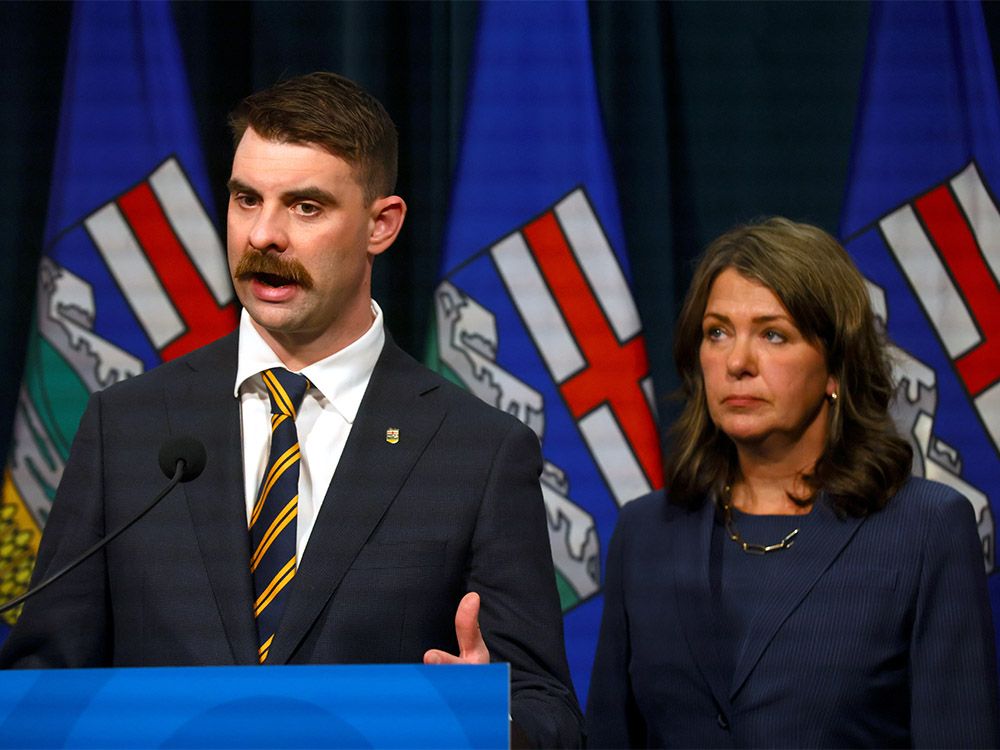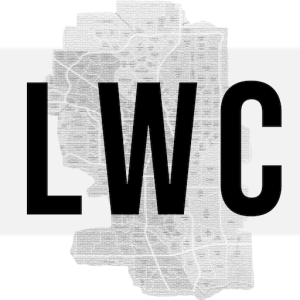I don't believe the screening would be an issue TBH. We already do screening for various subsidized housing. This would be a level down from the current housing options that have screening, but the precedent exists. You're probably right about the advocacy groups complaining.Agree with the screening, but actually defining the screening criteria is very difficult, and opens to a lot of potential lawsuits and advocacy from organizations involved in this space. Claims of bias against certain groups, lack of options for others, etc. makes it much easier to keep the DIC where it's just a free for all with very limited exceptions.
I agree about the costs of forced rehab. I think people would be against spending the money, but if it can be framed as a way to get homeless people off the street at the same cost as what they're likely already spending, it may sway people.Forced rehab should be done, but it'll only work in a few specific cases, there's just too many people that need it compared to the funding available. Unless non-rehab people are ok with the government diverting healthcare resources from other areas to build more forced rehab spaces, which is very unlikely. Providing all these services are very expensive, and frankly I think society's compassion and willingness to help also has its limits.
If we can get a decent lists of current costs that include everything including costs such as strain on health care system or police services, general public safety, the potential for more transit use if the problem was dealt with, etc..
Last edited:







